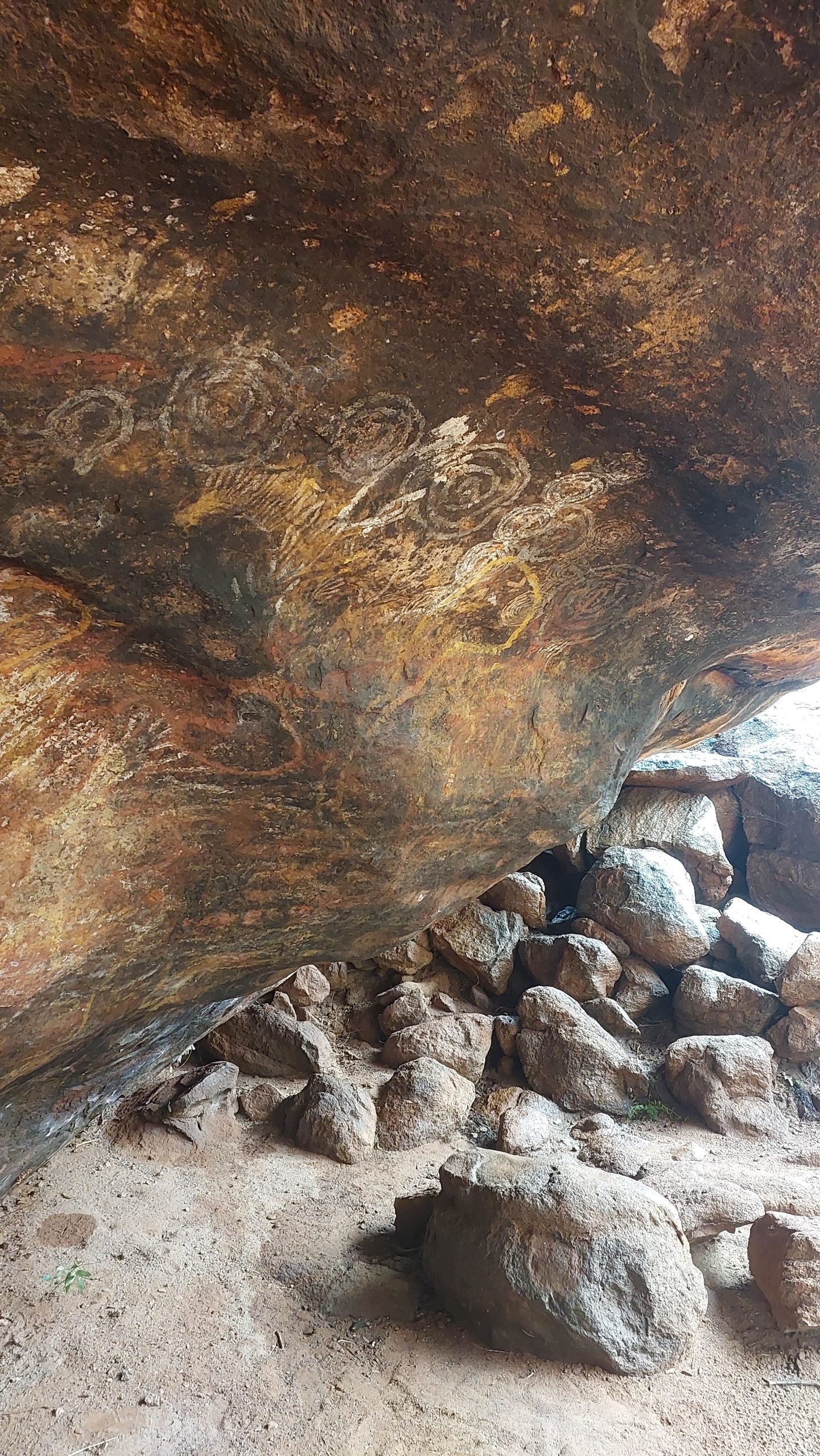
Cultural Heritage Legislative Reform
Australia’s Cultural Heritage laws are broken. Current Federal, State and Territory legislation is focused more on regulating the destruction of cultural heritage than on protecting and celebrating it.
The destruction of the Juukan Gorge site in 2020 by Rio Tinto was both shocking and legal. It was not an isolated event. First Nations Cultural Heritage is being destroyed, damaged, degraded and displaced everyday across Australia.
We need better Cultural Heritage laws
We need better Cultural Heritage laws at a State, Territory and National level. We need laws that put First Nations Peoples in control of their own Cultural Heritage. Any laws governing Cultural Heritage protections must be underpinned by and comply with Free, Prior and Informed Consent (FPIC) and the other principles outlined in the United Nations Declaration on the Rights of Indigenous People (UNDRIP).
These principles are outlined in the 2020 document Dhawura Ngilan: A vision for Aboriginal and Torres Strait Islander Heritage in Australia and the Best Practice Standards in Indigenous Cultural Heritage management and legislation.
Traditional Owners must be empowered by law to protect and manage our Cultural Heritage and properly resourced to do so.
Australian legislation to protect First Nations Cultural Heritage is failing. It is not working to support the rights of First Nations People.
• It is largely focused on regulating the destruction of First Nations heritage, rather than its protection.
• The current Cultural Heritage protection arrangements create uncertainty for First Nations people and proponents. Cultural Heritage is considered too late in assessment and approval processes, and often after those processes have been completed.
• The Federal Government has committed to developing strengthening cultural heritage protection laws to strengthen First Nations Cultural Heritage protections nationally.
• A new Federal law protecting First Nations Cultural Heritage must enshrine the principle of First Nations Self-Determination as contained in UNDRIP. The fight for better protection of Cultural Heritage is one that all Australians can get behind. First Nations Cultural Heritage is Australian Cultural Heritage.

Uluru. Anangu land, Northern Territory
Photo: National Native Title Council

Elements of effective Cultural Heritage Legislation
Implements FPIC into Cultural Heritage decisions (or otherwise the decision can be overridden by the Commonwealth law).
● Ensures that Traditional Owner organisations are the vehicle of FPIC and the decision makers.
● Allows Traditional Owners to determine which areas and values are significant and worthy of protection.
● Establishes a ‘First Nations Cultural Heritage Council’ comprised of First Nations peoples and with its independence guaranteed in law. The Council would consider and approve declaration applications and identify relevant Traditional Owners where there is no recognised Traditional Owner organisation. This would provide recognised baisis for governments and proponents to engage with Traditional Owners across a range of issues.
The Australian Government has committed to strengthening First Nations Cultural Heritage protections under the following principles:
First Nations Peoples will be supported to participate in decision making about their own Cultural Heritage.
• There will be clear national standards for Heritage protections consistent with international law UNDRIP and Dhawura Ngilan.
• States and territories will remain responsible for managing heritage within their jurisdictions.
The object of this process is to see Commonwealth legislation that implements the (Dhawura Ngilan) Best Practice Standards in Indigenous Cultural Heritage Management and Legislation (Standards). The Standards articulate the requirements of UNDRIP in the context of Cultural Heritage. This has taken on particular significance with the Referendum on the Voice and the spotlight has shone on Traditional Owner rights. The Alliance have been engaging with the Commonwealth to pursue legislative reforms since 2020.[MS1]

